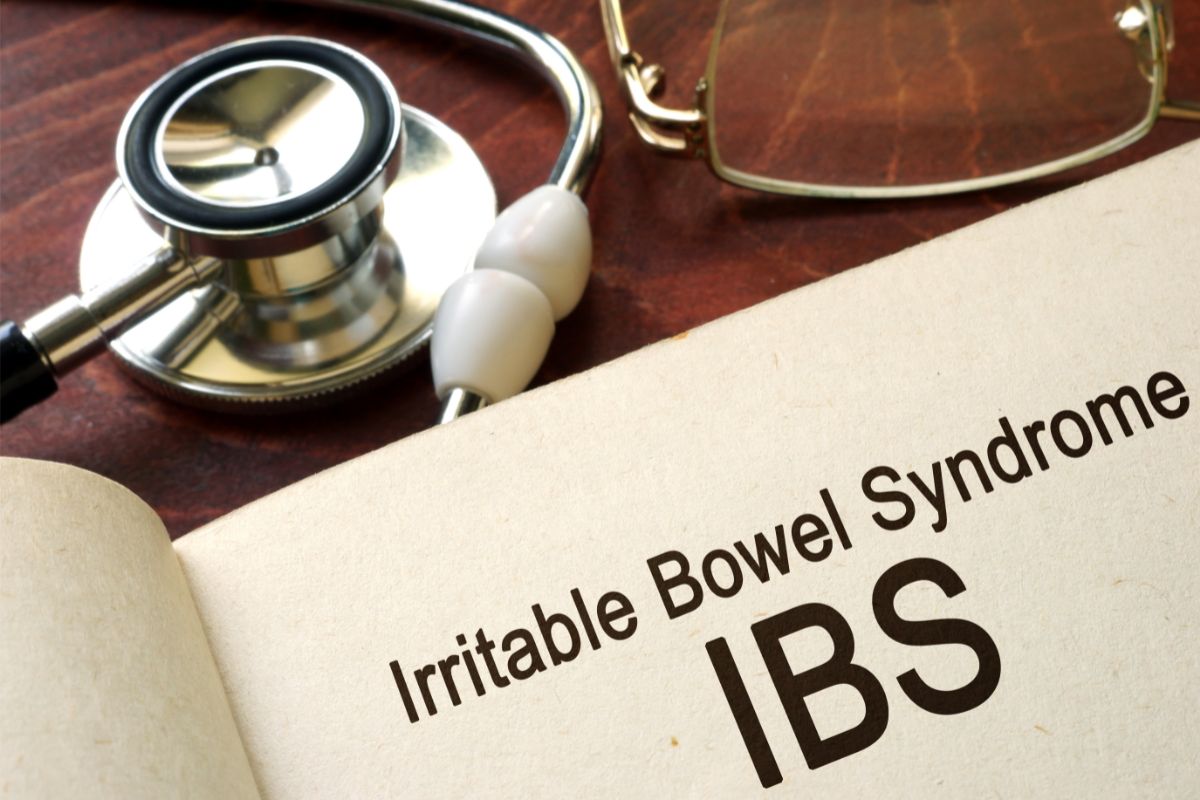Today we’re going to explore Crohn’s disease and some of the signs and symptoms that are prevalent with this condition.
Crohn’s disease is notoriously hard to diagnose as many of the symptoms are Commonplace with many similar issues such as IBS and small intestinal bacterial overgrowth (SIBO), however, some key indicators need to be addressed which we explore in this article.

Speak To A GP
Before we dive into Crohn’s disease we should preface this by saying you should always seek the help of your doctor, and you should never self-diagnose yourself in case you are incorrect, which means that you’re following the wrong treatment plan.
They will likely test you for several symptoms, they will explore your diet and see if there are any trigger foods, whether you had experienced an infection recently or an experienced food poisoning whether at home or abroad, and whether medicines you are taking are causing issues, and whether you have a history of Crohn’s disease in the family.
There may be further tests carried out, which include a physical exam where they test and examine your stomach, potential blood samples are taken, as well as a stool sample.
The blood test and stool test can examine 4 markers such as inflammation, parasites, and whether you have a dysbiosis of the gut, i.e. not enough friendly bacteria. Although some tests may not go this in-depth.
Bear in mind that it may take a few weeks to get the results back.
What Is Crohn’s Disease?
Crohn’s disease is a form of IBD or inflammatory Bowel Disease.
It can be difficult to diagnose as it crosses over with a lot of other IBS-based issues of the gut. However, there are a lot of common symptoms proper with Crohn’s disease.
Crohn’s disease causes information to your digestive tract which can lead to a host of symptoms that go beyond the digestive system.
Symptoms include:
- Diarrhea
- Fatigue
- Abdominal pain
- Abdominal cramping
- Vomiting
- Nausea
- Blood in the stool
- Fever
- Mouth sores
- Weight loss
- Reduced appetite
- Pain or drainage near the anus due to inflammation
Other indicators might suggest you have Crohn’s disease which includes information on the skin, in the eyes, or around the joints, inflammation of the liver or bile ducts which can be tested for, kidney stones, anemia, and delayed sexual development in children.
Why Is It Hard To Diagnose Crohn’s Disease?
One of the most debilitating things about Crohn’s disease can be the fact that you are unsure what’s going on with your body. It can be difficult to get a diagnosis as a lot of the time it can be diagnosed as anxiety or something psychological.
This is why it is important to speak to a good doctor as they will be able to refer you to a specialist, which we will explore in just a second.
One of the common complaints regarding the diagnosis of Crohn’s disease is the doctors fight hard to pin it down because it affects different parts of the track.
Similar to other long-term chronic conditions, not everyone will have the same symptoms.
If you take a look at the list of symptoms above, if you have a person suffering from stomach pain, diarrhea, and fatigue, you could easily suggest they have IBS, coeliac disease, or even just food poisoning.

Also, I have mild inflammation that might not even show up on blood tests. Doctors have been known to mistakenly think you have anemia due to low iron, and not from low iron and the bleeding that comes from Crohn’s disease.
There are also many infectious diseases And parasites that can cause these types of symptoms such as salmonella, E. coli, or tuberculosis.
And this is further compounded as treatments will vary wildly depending on the chronic condition.
Referral To A Specialist
If your Doctor Suspects something is going on inside your GI tract and intestines, they raped me and recommends you seek help from a specialist.
One of those routes is to go through an endoscopy and imaging. These are some of the more invasive tests, although they are often done in an outpatient situation and so your healthcare provider will do what they can to mitigate any potential discomfort you might feel.
Endoscopy is a detailed look at the inside of your colon. They will use a small camera that is mounted to a lighted tube to see what’s going on.
Within endoscopy, there are two common tests. The first test is a colonoscopy which will allow doctors to see into the colon especially the lower part of the large intestine, which is carried out by inserting a small camera through the opening of the anus.
An endoscopy will let doctors see the gastrointestinal tract but this time from the top down. This is carried out using a flexible tube that is inserted through the mouth.
This then travels down the esophagus into your stomach, and will even travel as far as the duodenum, which is a section of the small intestine.
You may also receive a biopsy of your GI tract in which a small piece of tissue is removed from the intestine for analysis.
This sample is then screened for the disease. Although it sounds scary, this process is typically pain-free.
What Happens If You’re Diagnosed With Crohn’s Disease?
If you’re diagnosed with Crohn’s disease, your doctor will lay out a plan to help you manage your symptoms and keep them under control, Wiltshire hopefully leading to remission.
There is no single treatment that will work for every patient, therefore there is going to be a period of trial and error to see what treatment plan and medications work best for you
Whilst there is no cure for Crohn’s disease at this time, a lot of patients go on to manage their symptoms effectively.
Final Thoughts
Learning to understand The signs is an important first step in understanding Crohn’s disease. If you are unsure please seek help from your doctor who will be able to help you further.
- Understanding Male Reproductive Health: A Complete Guide - February 2, 2025
- Simple Healthy Skin Habits for Radiant Skin - December 6, 2024
- Unlocking the Connection Between Nutrition and Mental Health - December 3, 2024








